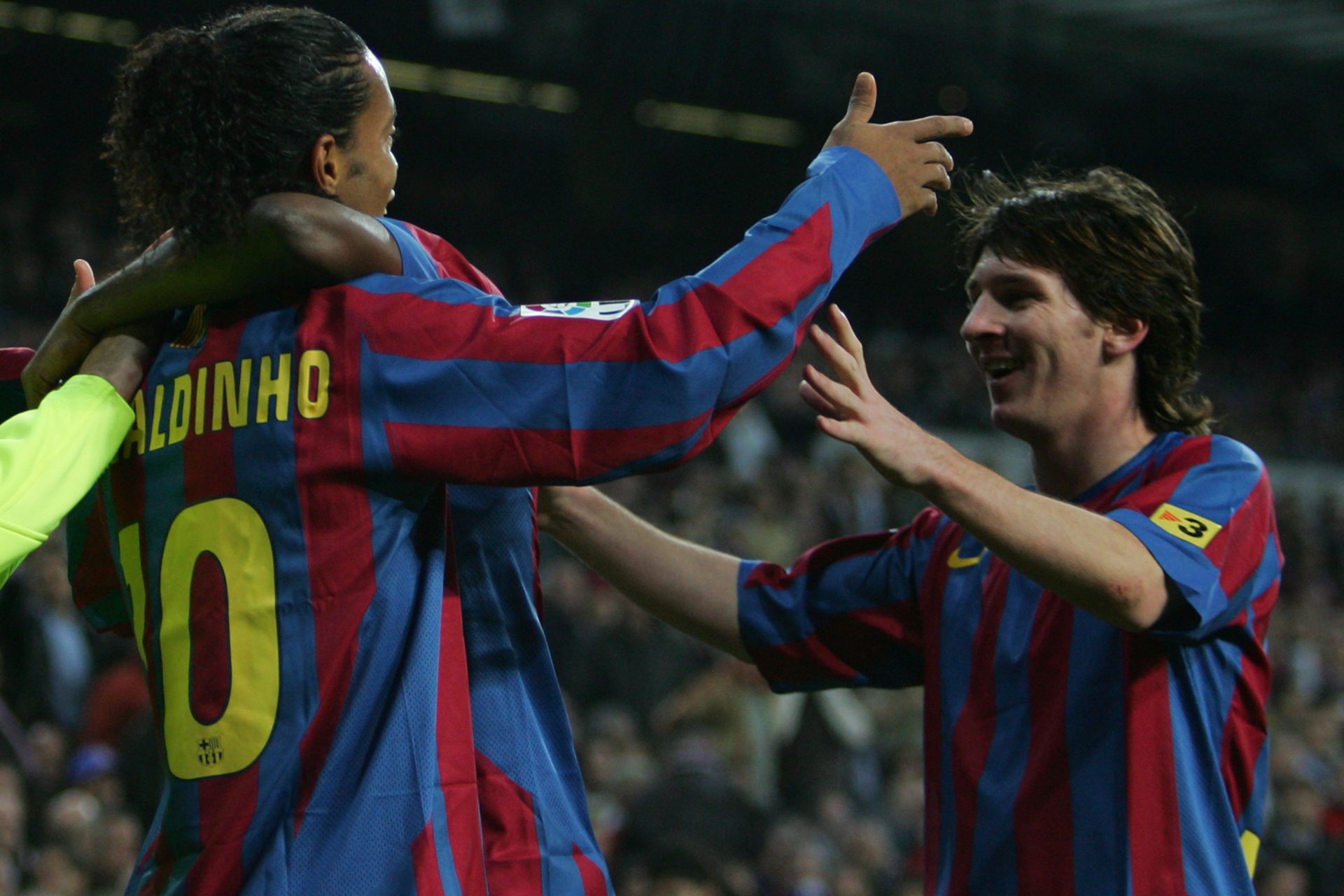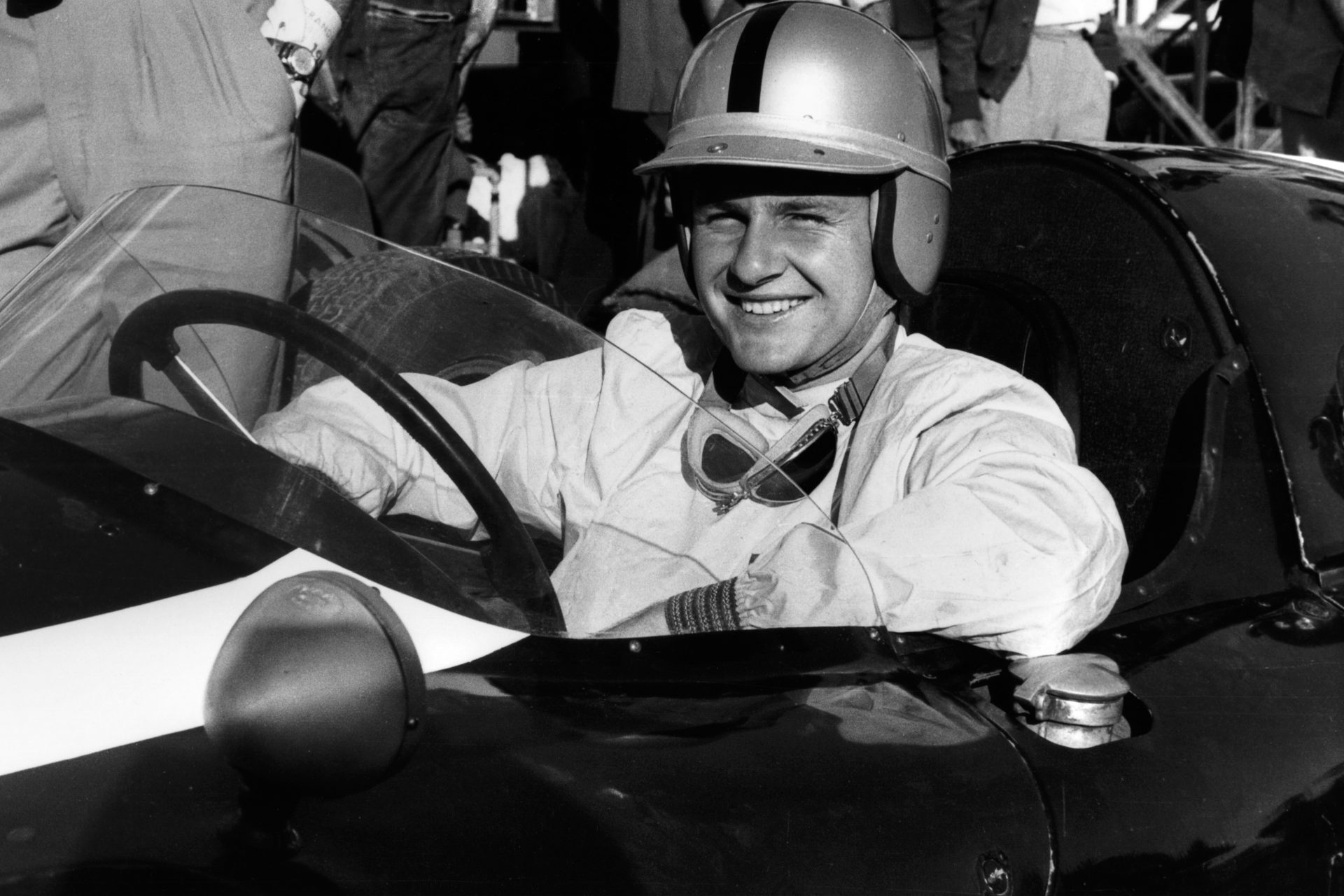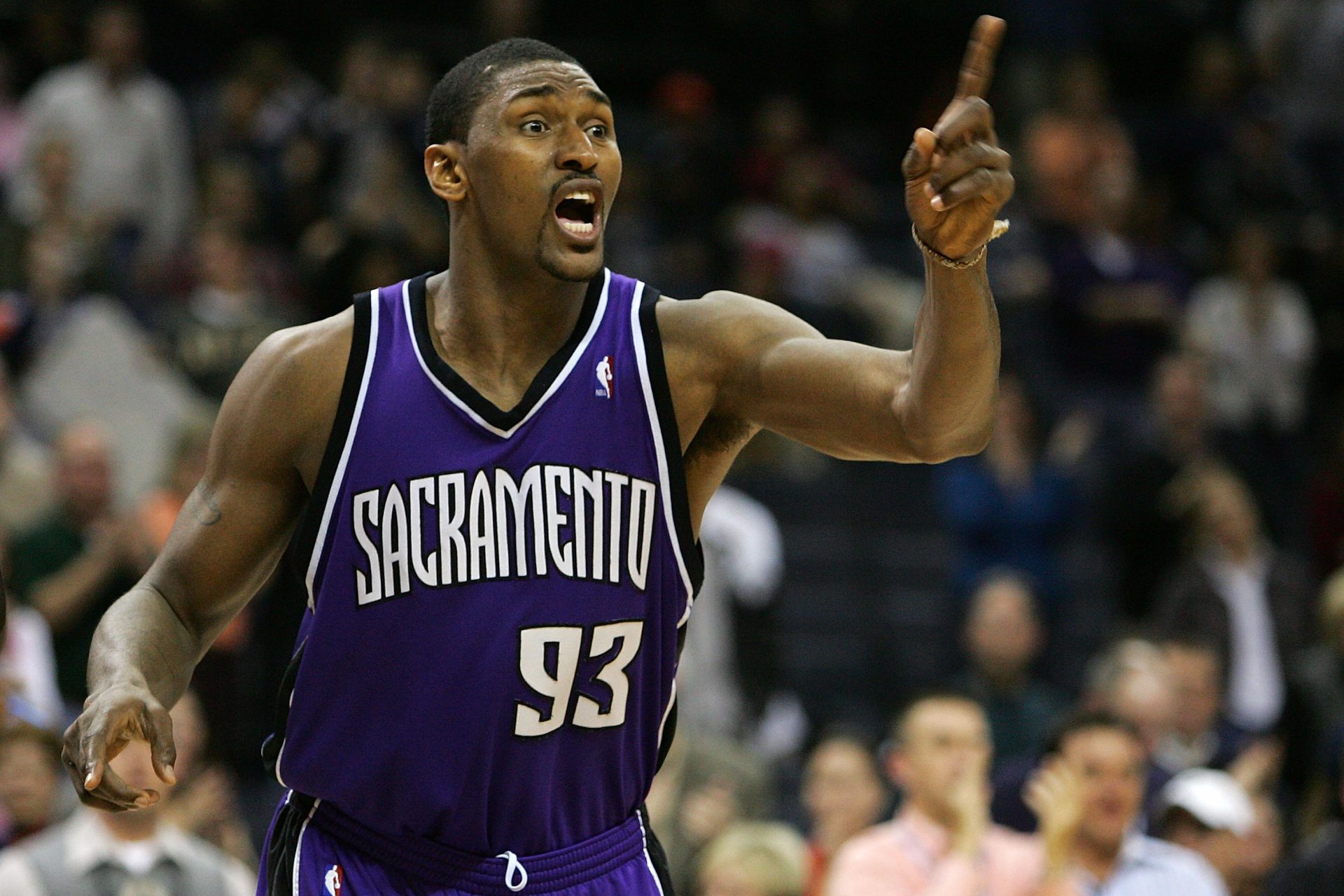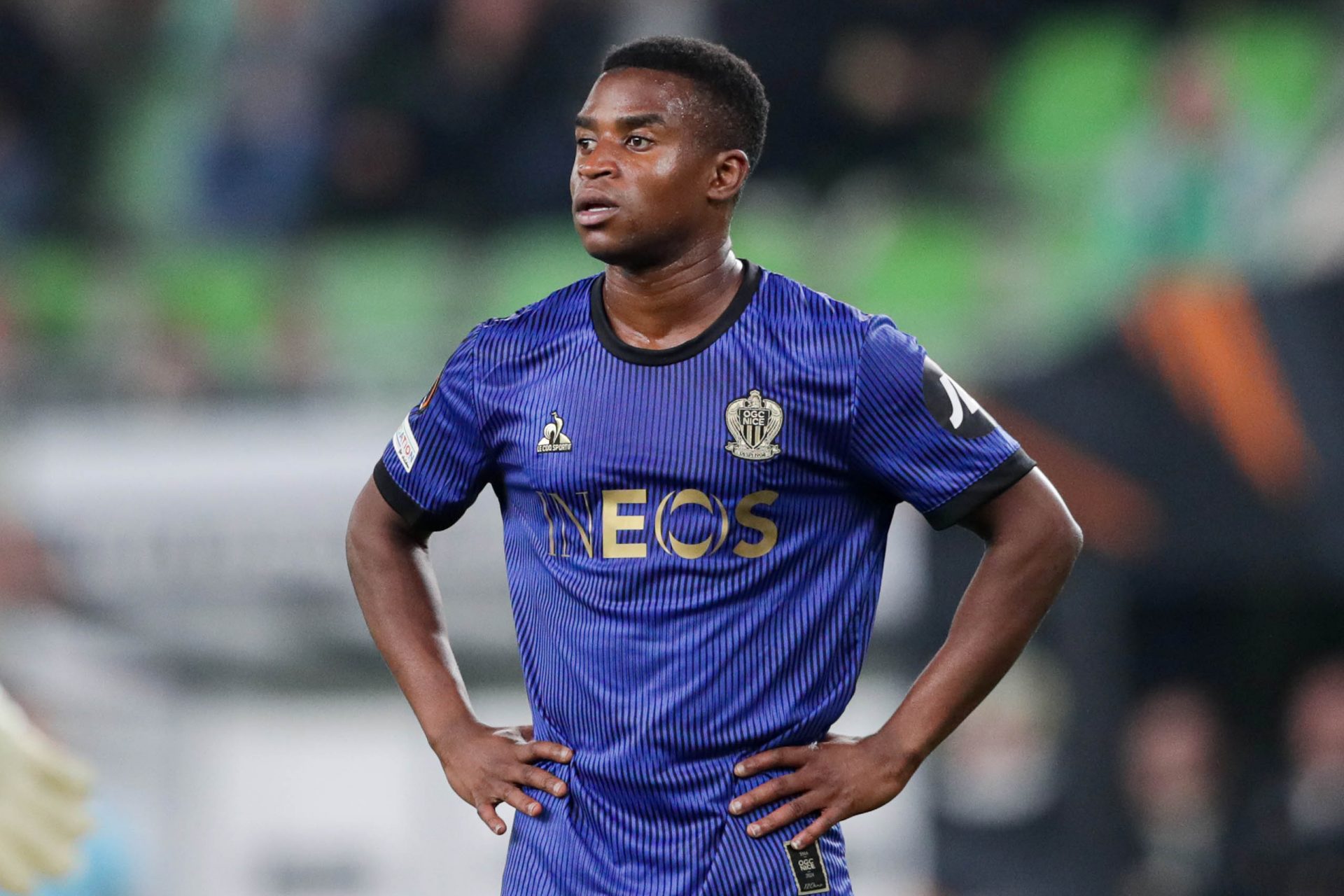Super League returns: Can this rogue competition take over European football?
It looks as though new plans are in motion to get the Super League – the breakaway European football competition – up and running, with the organisation releasing a new format for the proposed competition. After the failure of the proposal two years earlier, it appears a new option is back on the table.
The project was first proposed in 2021 but disappeared in the process because several clubs (English sides in particular) withdrew their candidacy. The competition is supposed to be represented by the biggest European institutions including Real Madrid, FC Barcelona and Juventus, it then aims to form an elitist competition between the best teams in Europe, a direct rival to the Champions League.
The Super League presented in 2021 was seen by supporters and all observers as a new way for big clubs to establish their financial domination over others. A format that has 15 permanent members, who share the vast majority of the budget.
As soon as it was presented to the general public, the players showed their disagreement. Manchester United midfielder Bruno Fernandes said on Instagram: "There are dreams you can't buy", referring to the prestige of the Champions League. This is the position also held by former England player Gary Neville.
After the failed bid two years ago, a new format has just been presented. A less elitist version, based on "merit". An open competition, featuring between 60 and 80 teams with several divisions, but without permanent members, unlike the first version. Thus, each participant is guaranteed to play at least 14 European matches per season, in order to define their classification in the Super League.
Unlike the old proposal, this one is more united and less focused on the giants of European football. On the contrary, the organisation says it wants to give more resources to "small teams" so that they can compete with the big teams. This a relevant solution while football is going through a period of turmoil and imbalance with the "financial fair play" issues.
Basically, the Super League is a kind of "mini-league" with several divisions. It does not present itself as a "cup" format which includes group and final stages. This ensures clubs dozens of European matches per season.
So why are clubs like FC Barcelona or Real Madrid backing the establishment of the Super League? Simply because this competition is managed by the participants themselves and not by institutions like FIFA or UEFA. The clubs, therefore, free themselves from these organizations via the Super League.
For the project to be accepted, the founders understood that it had to please the public above all else. For this, they have emphasized certain values that appeal to football fans. The Super League mainly comes up against the popularity of its rival, the Champions League, considered by many to be the "best football competition in the world".
In order to please the public, Bernd Reichart, the president of the communication agency A22 which represents the Super League, declared that he wanted to create "a sustainable sporting project for European club competitions. The stakes are clear, measures must be taken in the interests of fans, players and clubs".
Public opinion is therefore divided. On the one hand, the Champions League is a magnificent competition, the Holy Grail for any club and supporter. On the other hand, football fans are aware of the current problems: an unequal system of redistribution of resources, unclear "financial fair play" rules and a widening gap between clubs – ossues that are taken into account in the Super League proposal.
The establishment of this Super League would therefore be to the detriment of the Champions League. This would mean the end of the European Cup and its format: pool - final stages – final. Something fans might struggle to accept given its history and legendary match ups over the years.
To stand out from its rival, the Super League has decided to emphasize several points, highlighting the fundamental values of football. The project wants to revolutionize the football landscape with more modern ideas.
The first point on which Bernd Reichart insisted concerns the players: "Their health must be a key element in the calculation of the number of annual matches. The players' associations should be involved to preserve the health of the players and a dialogue through the EU should be promoted."
The second point, also essential, concerns the finances of the participants. The Super League wants to implement a healthier resource system, preventing some clubs from overspending: "In order to improve sustainability, spending should be based only on the resources generated, and not on capital injections which distort the competition."
Unlike the Champions League, this league would be entirely managed by the participating clubs and not by organizations such as FIFA and UEFA: "European club competitions should, as they are at national level, be managed by the clubs, and not by third parties who profit from it without assuming any risk."
To find out more about the Super League, a documentary series was released on January 13 on Apple TV+ about this Super League, with interviews with the main actors of the project.
What about players and coaches in all this? Since the presentation of the new project, they prefer to stay in the background. No statement has yet been made on the subject.
The Super League project divides. The advantages are obvious: improved competition, taking into account the health of players, less inequality between clubs and a more united project. The disadvantages are also visible: the end of the European cups, a project still vague on certain aspects and the fear that the big clubs will completely dominate the competition.
It is therefore up to you to decide whether you are for or against the Super League, everyone must have their own opinion of the project. In any case, it is an ambitious format that wants to revolutionize the world of football. To be continued...
More for you
Top Stories
































